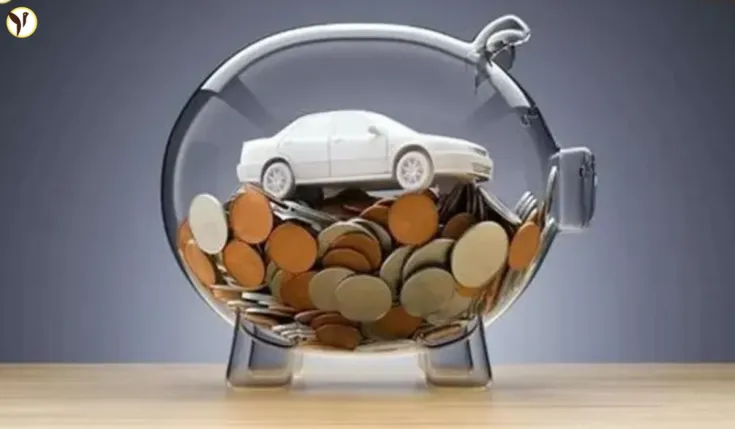Could Aussie Luxury Car Prices Be About to Drop?
So, here's the thing: the Australian government might be ditching the Luxury Car Tax (LCT). Honestly, who saw that coming? This could mean some seriously lower prices on fancy cars, and it's got everyone talking. Let's dive into what's happening and why it matters.
What's the Deal with This Luxury Car Tax Anyway?
The LCT is a 33% tax slapped on cars that cost more than a certain amount – around $80,567 for most models in 2024-25, a bit more for fuel-efficient ones. It was originally designed to help Australian car makers, back when we actually *had* a car industry. With those factories closed, its purpose feels a little… outdated, doesn’t it? It brings in about $1.2 billion a year for the government, but surprisingly, a big chunk of that comes from surprisingly mainstream cars like the Toyota Prado. Go figure!
Why is the Government Even Thinking About Getting Rid of It?
Turns out, getting rid of the LCT might be a bargaining chip. The government's reportedly using it to try and sweeten a trade deal with the European Union. Better access to the European market for Australian farmers? Maybe the LCT is the price of entry. If it goes, European car prices in Australia could plummet. We're not just talking about luxury models either; this could affect a much wider range of vehicles.
| Model | Current Price (approx.) | Potential Price Reduction (estimated) |
|---|---|---|
| BMW X5 | $120,000 | $12,000+ |
| Mercedes-Benz C-Class | $85,000 | $1,500+ |
| Toyota Prado | $85,000 | $1,500+ |
Imagine the savings! But wait, there's more...
But There's a Catch...
There's a new set of rules coming into play in July 2025 – the New Vehicle Efficiency Standard (NVES). This one's all about cutting down on car emissions. Car companies that don't meet the targets face penalties, and those penalties could easily be passed on to you and me in the form of higher prices. It's like one step forward, one step back. Some folks are suggesting a carbon-based tax instead of this price-based LCT – a simpler system, perhaps?
So, What Does it All Mean?
It's a complicated picture, isn't it? Cheaper cars thanks to the LCT's potential demise are tempting, but the NVES could eat into those savings. This whole situation will definitely influence what we see on the car market, and how much we end up paying. It’s a waiting game for now, but keep an eye out for the latest updates so you can make the best decision when you're buying your next car.






